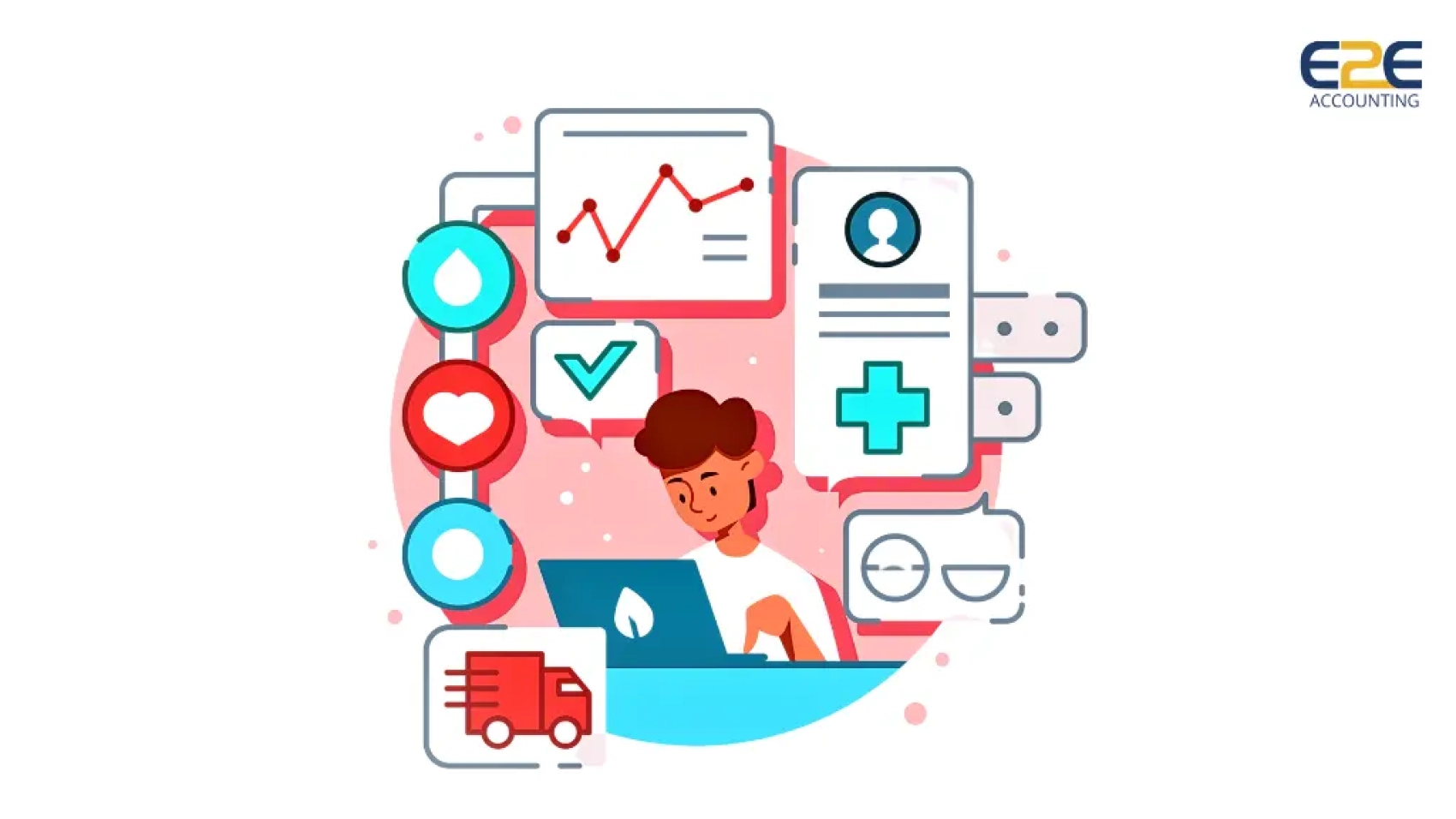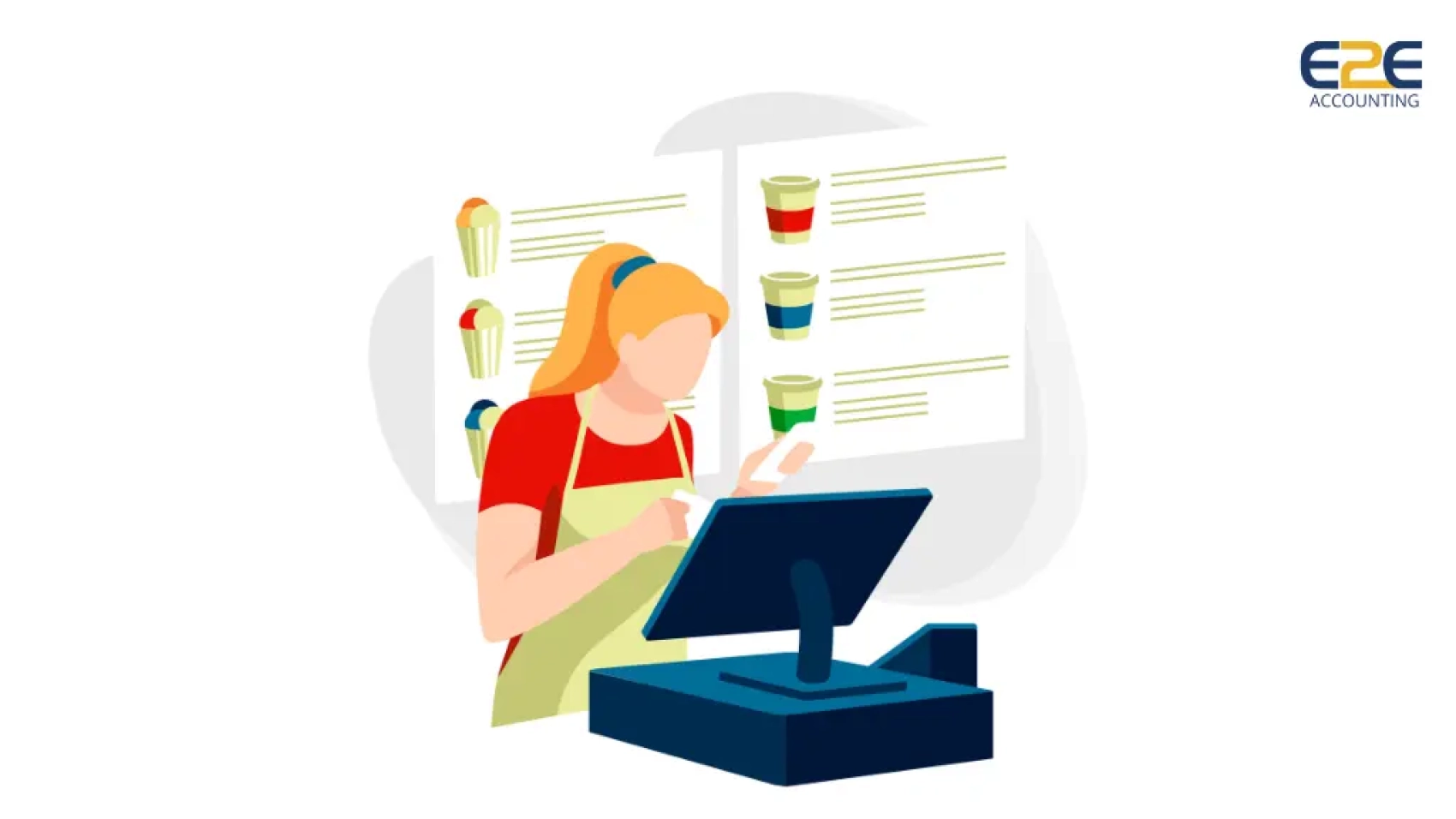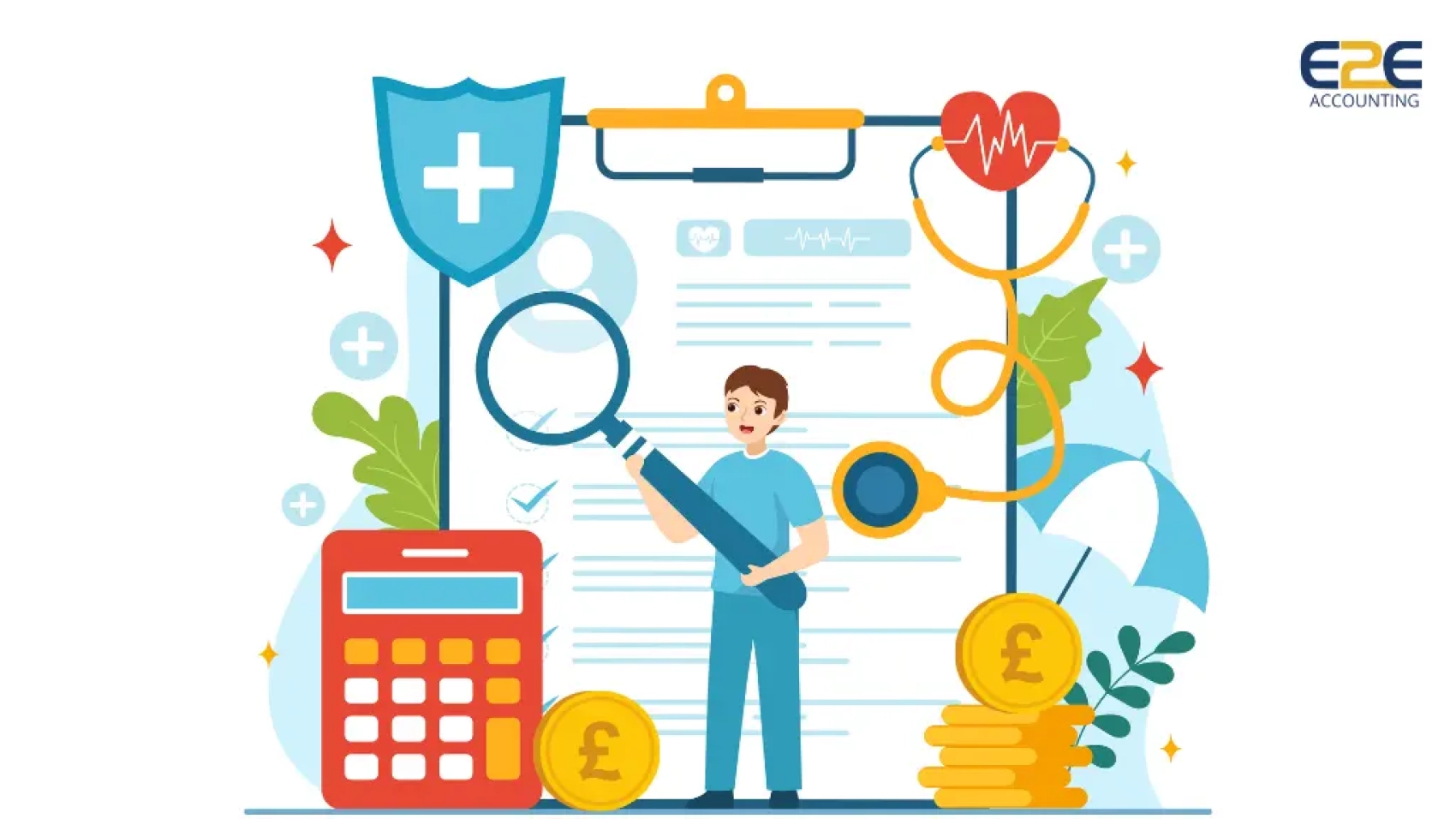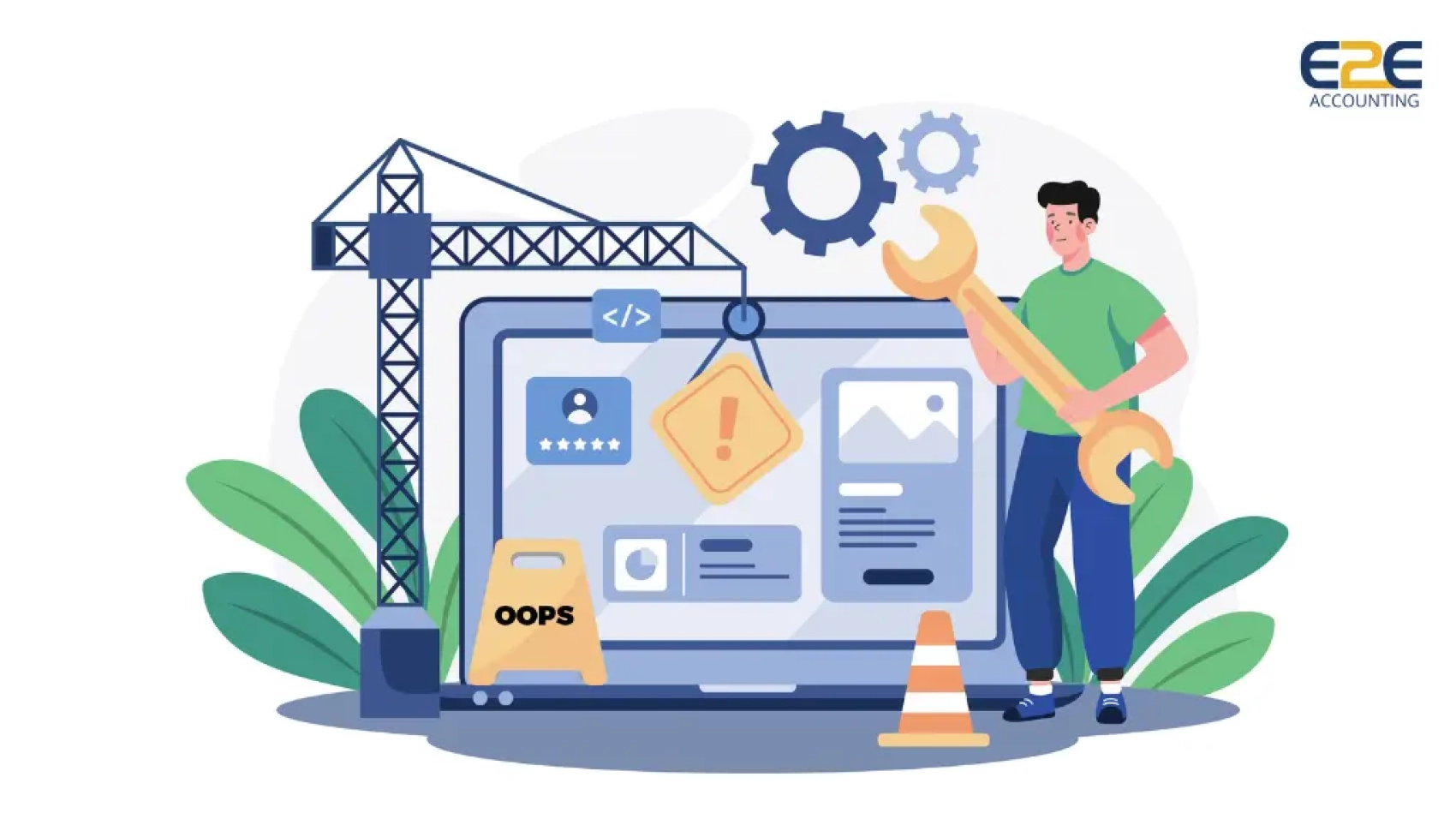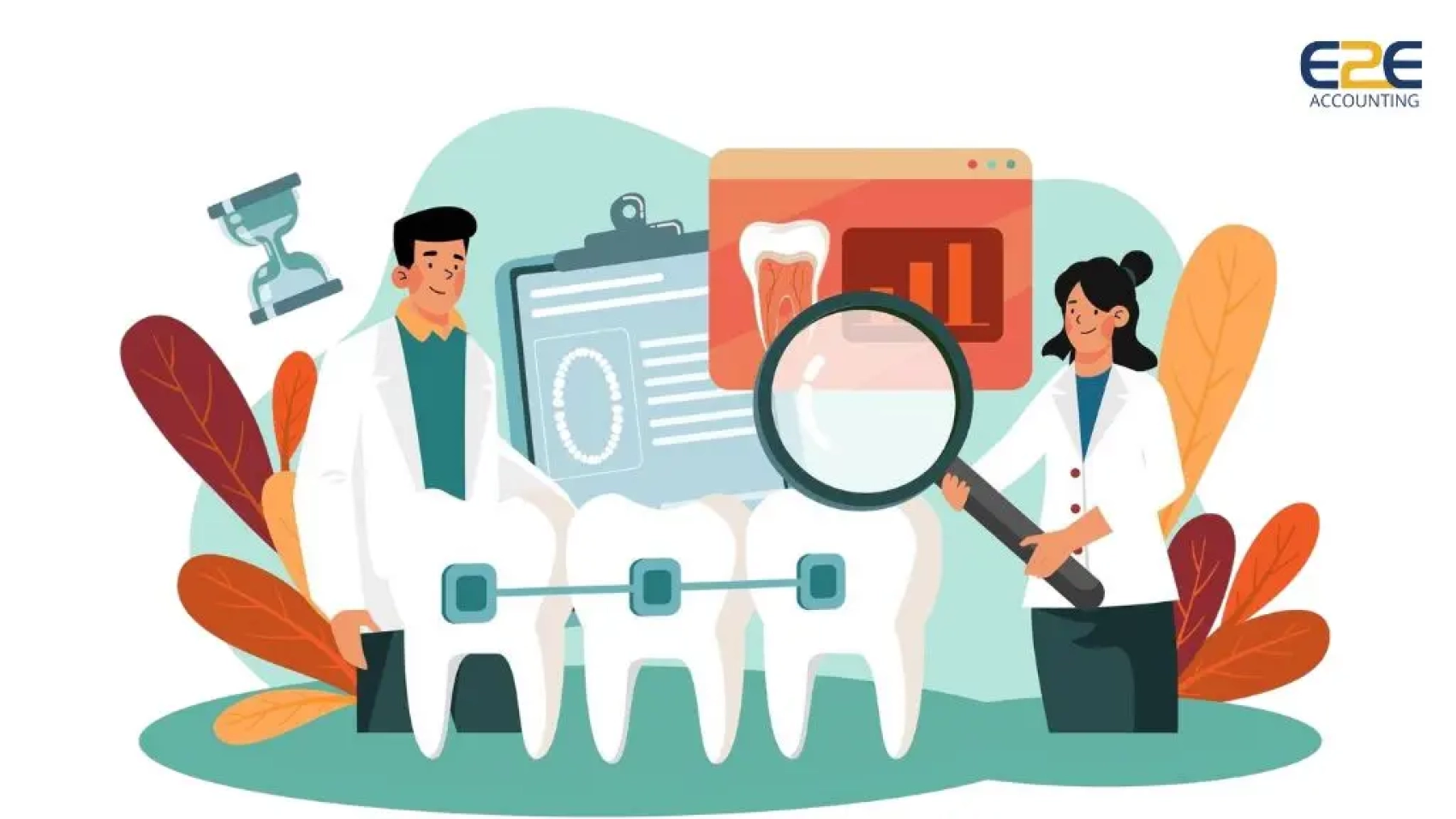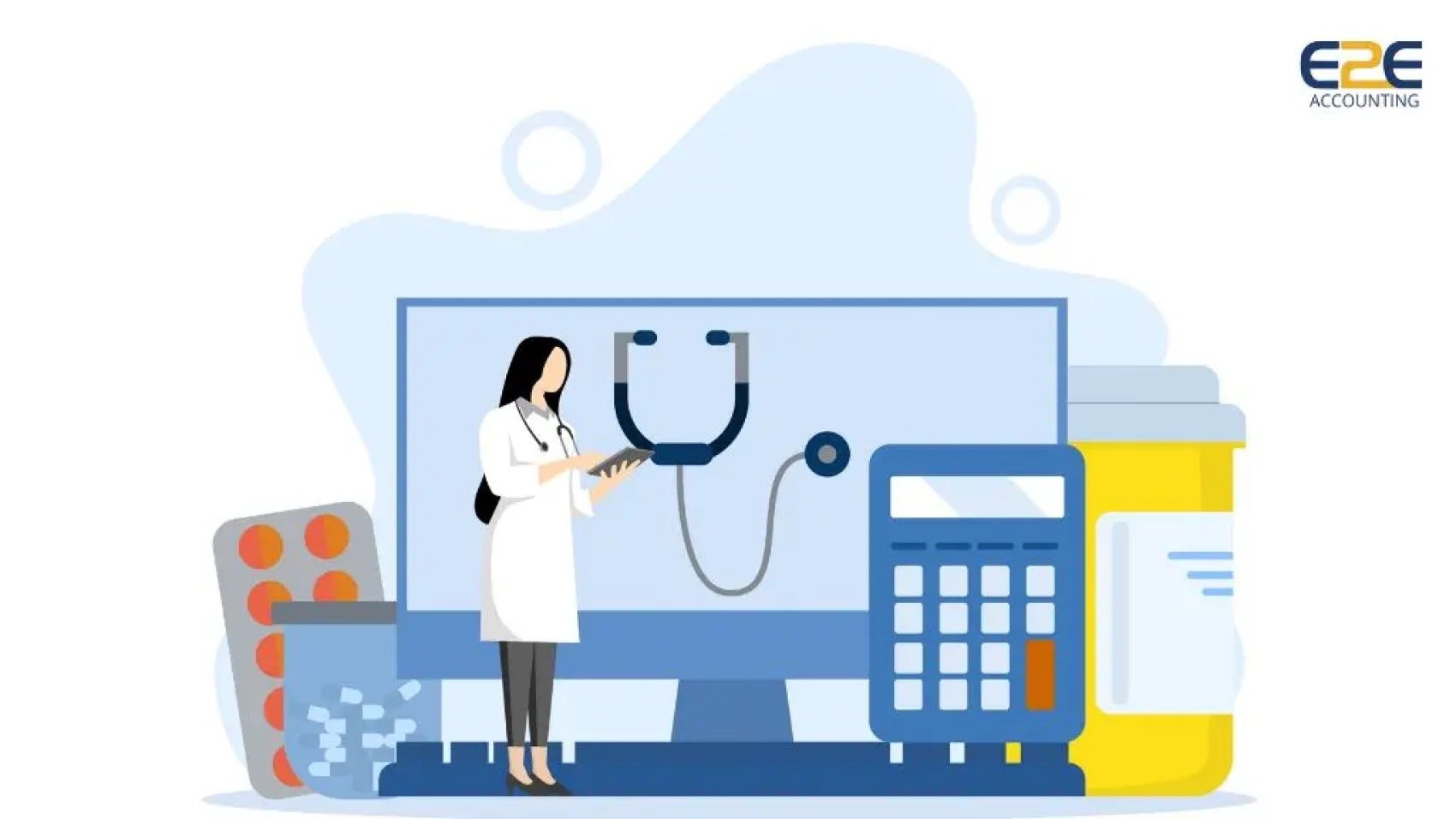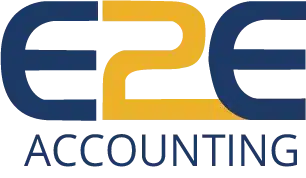An important core element of every restaurant operation is restaurant accounting. Restaurant accounting services are crucial for managing expenses, monitoring operating funds, and ensuring your restaurant is doing well enough to meet expansion targets, let alone continue operating.
Accurately documenting transactions and producing thorough financial reports are only two examples of restaurant accounting tasks. Appropriate accounting procedures enable analysis and optimization of performance parameters, including sales, revenue, and profitability.
Everyone on your staff who impacts sales or expenses should therefore be familiar with the fundamentals of restaurant accounting. After that, restaurant owners, operators, controllers, and others should use automation solutions tailored to the industry to make accounting and bookkeeping more efficient.
You can manage your finances and make sure you’re making wise decisions for your entire business by learning the language of restaurant accounting. In this blog, let’s understand the language of restaurant accounting, what all things are essential for accurate accounting.
Accounting for Restaurants – What’s Different and What to Track
Why Restaurant Accounting Is Unique?
Due to several important aspects, restaurant accounting services require a particular strategy that goes beyond the fundamentals of bookkeeping.
- Inventory management: Restaurants handle raw material inventories that are converted into final products (great meals!) just like any other business. Nonetheless, inventory management in restaurants is frequently excessive.
In some industries, quarterly or annual inventory counts are not as important as daily, weekly, or monthly counts. The beginning and ending inventory values for particular periods are reflected in this careful tracking, which guarantees an exact cost of goods sold.
- Tipping: Tip management is a challenge for restaurants, unlike most other businesses. Tip pooling, server splits, or cash vs. paycheck tips are all options, but maintaining proper financial records and payroll taxes while guaranteeing staff happiness requires careful balancing.
This difficulty is further compounded by the ever-changing tipping landscape. The decision by some restaurants to increase pay and do away with tipping entirely necessitates changes to accounting procedures.
- Cash Flow Management: Making profit and loss (P&L) statements regularly is a surefire way to succeed in the restaurant business. Gaining knowledge from your restaurant’s performance, both on a monthly and weekly basis, is beneficial.
You may make well-informed decisions on menu pricing, staffing, and general cash flow management with the help of this week-to-week view, which provides a clear picture of your sales and expense trends.
- Vendor Credits: Delivery services from restaurants may not always be perfect. Vendor credits are required for spoiled goods or invoice inconsistencies.
Your invoice totals must be adjusted to reflect these credits. You have two options: either pay the entire amount and account for the credit later, or “short pay” the vendor (pay the modified amount). Whatever the approach, reliable monthly vendor statement reconciliation depends on appropriate documentation.
Important Metrics for Restaurant Success
- Sales Revenue: Monitor your income on a daily, weekly, and monthly basis to identify patterns and measure progress.
- Cost of Goods Sold (COGS): To keep track of profit margins, keep an eye on the price of supplies and ingredients.
- Food and Beverage Costs: Calculate food and drink costs separately to identify specific areas for savings.
- Labour Costs: To keep one of your largest costs under control, monitor employee pay and schedule effectively.
- Average Order Value (AOV): To evaluate menu effectiveness and upselling success, monitor the average spend per customer.
- Online Reviews and Ratings: Take feedback and reviews from customers to build a strong reputation and attract new customers.
- Table Turnover Rate: To maximise seating and service speed, count the number of customers served at each table during a shift.
- Profit Margin: Verify net profit margins regularly to guarantee long-term financial stability.
Restaurant Accountants in London – Why Local Experts Matter
There are several benefits to hiring restaurant accountants in London since these professionals are familiar with local tax laws, business rates unique to London, and industry standards. When necessary, they can offer prompt, in-person assistance, offer customised financial guidance, and are knowledgeable about the competitive local market. This local expertise helps restaurants maintain compliance, save expenses, and increase profits in a hectic setting using professional restaurant accounting services.
Unique Accounting Needs for London-Based Restaurants
Beyond basic bookkeeping, restaurants in London are subject to a variety of unique accounting standards. Among these, the most important are:
- VAT Compliance: Accurate VAT reporting is crucial since food, wine, and takeaway services have various VAT rates. To avoid fines and guarantee adherence to HMRC regulations, London restaurants must accurately categorise and document these transactions.
- Tronc Schemes: It is necessary to comprehend tronc systems to manage tips and service charges. A well-designed tronc scheme reduces the possibility of payroll errors and legal problems by guaranteeing equitable tip distribution and proper tax management.
- Making Tax Digital (MTD): Restaurants are required to adhere to HMRC’s MTD plan, which calls for real-time VAT submissions and digital record-keeping. This necessitates a simplified approach to financial management and the use of compatible accounting software supported by expert restaurant accounting services.
The Value of Working with Restaurant Accountants Who Know London
There are many benefits to working with restaurant accountants who understand London’s distinct business environment. These experts are aware of:
- Regional wage trends: Payroll budgeting is strongly impacted by London’s higher minimum wage rates and higher cost of living. While maintaining adherence to employment regulations, local accountants can assist in maximising workforce costs.
- Menu Pricing Pressures: Setting the appropriate menu prices requires balancing the demands of different areas and fierce competition. Profit margins can be examined, and pricing plans that take into account both cost realities and market demand can be recommended by accountants with local knowledge.
- Staffing challenges: Seasonal demand fluctuations, immigration restrictions, and high personnel turnover are all frequent in London’s hotel industry. Payroll tax management, labor demand forecasts, and employment complexity can all be aided by skilled accountants.
Why Choose E2E Restaurant Accounting Services?
As a reliable partner for restaurant accounting, E2E stands out for providing specialised knowledge and individualised assistance tailored to the hospitality industry. E2E offers comprehensive financial solutions that go beyond basic bookkeeping services because of its in-depth knowledge of restaurant operations, which includes managing prime expenses and tronc schemes, navigating VAT complexity, and complying with Making Tax Digital (MTD).
E2E stands out for its dedication to a practical, consultative approach. Our staff helps restaurant operators maximise cash flow, save expenses, and boost profitability by offering prompt reporting, perceptive analysis, and proactive advice. Apart from these, we are a perfect accounting partner who can assist your business growth and financial success, regardless of the size of your business.
If you’re looking for a simplified breakdown of restaurant accounting basics, reports, and tools, our Restaurant Accounting – A Simple Guide for 2025 is a great place to start.
Ready to Take Control of Your Restaurant’s Finances?
The moment to partner with industry experts is now- if you want to increase profitability, streamline processes, and maintain compliance with ever-evolving rules. E2E provides customized accounting solutions made especially for eateries, allowing you to concentrate on providing excellent food and service while we take care of the accounting.
Contact us now to find out how our knowledgeable staff can assist you in taking charge of the finances of your restaurant and upgrading your enterprise for long-term success.


